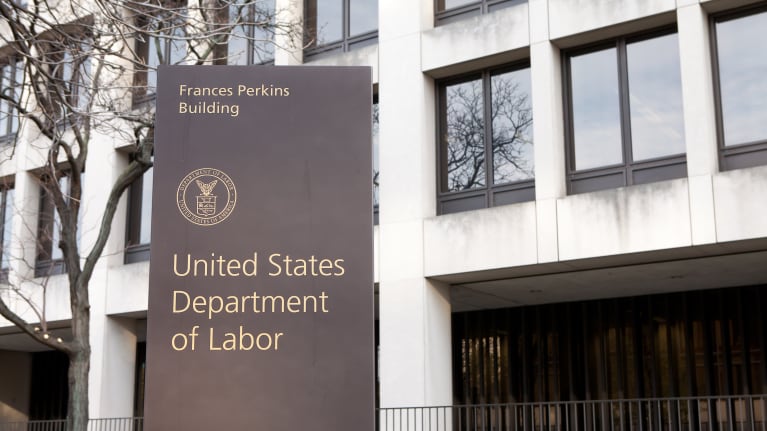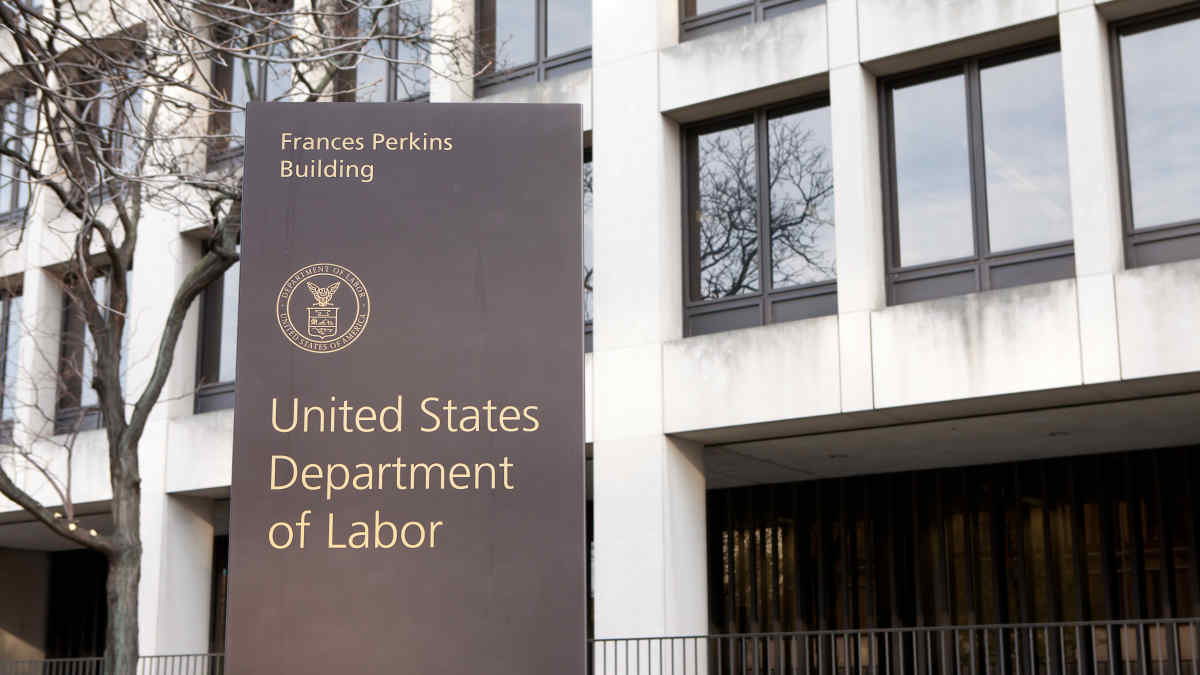

The Occupational Safety and Health Administration (OSHA) wants host employers and staffing agencies to work together to protect the safety of temporary workers. Host employers need to make sure workers are safe but should usually let staffing agencies take the lead in training and directing work to avoid being considered a joint employer.
Ensuring safety requires planning and good communication between host employers and staffing agencies. A host employer and a staffing agency might be liable for safety violations, even if the host employer isn’t a joint employer.
“To protect temporary workers—and protect regular employees from unsafe conduct by temporary workers—employers should ensure that their workplace safety rules apply to temporary workers as well as regular employees,” said Anthony George, an attorney with Bryan Cave Leighton Paisner in Denver.
For example, a rule that prohibits working on energized electrical equipment should apply to everyone on the employer’s property, not merely to regular employees. Employers must prohibit specific unsafe conduct by temporary workers, he added.
If a temporary worker is employed by someone who is not an employee of the host employer, the host employer should address nonurgent safety violations with the staffing agency rather than with the worker directly, George said.
“But if the conduct creates an immediate danger, the employer should stop the conduct immediately, even though doing so might be construed as supervision and control and help support a finding of joint employer status,” he said. The need to prevent workplace injury or death outweighs the risk of being found to be a joint employer for the purpose of employment laws, he added.
Moreover, “I think it unlikely that simply instructing a temporary worker to stop specific unsafe conduct would result in a finding of joint employer,” George said. “That is no more than a prudent employer would do with anyone on the employer’s property—including visitors, government officials, vendors and other third parties.”
Host Employer’s Role
In most cases, the host employer is responsible for providing site- and task-specific safety and health training, and the staffing company is responsible for providing general safety and health awareness training, according to OSHA.
A typical arrangement with a temporary workforce is for the host employer to supervise hourly temporary workers, noted Charlie Morgan, an attorney with Alston & Bird in Atlanta. On occasion, the staffing agency may provide temporary supervisors.
“Both arrangements carry obligations for the host employer under the Occupational Safety and Health Act” (OSH Act), he said.
Nonetheless, “if there are a sufficient number of temporary workers on site for them to be supervised and trained by employees of the staffing company, that is a reasonable alternative to the host employer doing so directly and potentially reduces the risk of being deemed a joint employer,” said Jonathan Wetchler, an attorney with Duane Morris in Philadelphia.
When a host employer supervises temporary employees, it has the same OSH Act obligations for the temporary employees as it would its own employees.
Even if the host employer does not supervise the temporary workers, the host employer still has many obligations regarding the safety and health of the temporary workers, Morgan said. These obligations include:
- Providing information about hazards in the workplace.
- Distributing relevant policies, such as lockout/tagout.
- Taking steps to ensure the staffing agency and supervisors are following applicable host employer rules and practices.
“Good communication between the host and staffing agency is key so that no safety and health obligations fall through the cracks,” he said.
For example, if lockout/tagout is to be used, the host employer and the staffing agency should inform each other of their respective lockout/tagout procedures.
Host employers should also inform the staffing agency or supervisors of site-specific hazards and safety policies that must be followed, such as when chemicals are present or hot work procedures are required, Morgan said.
Staffing Agency’s Obligations
Staffing agencies should ensure that their contracts with host employers require the host employers to maintain reasonable safety policies and provide a workplace that complies with all applicable occupational safety and health laws, George said.
Staffing agencies should also ensure that their own employment policies require the temporary workers they employ to comply with all of the host employer’s safety rules and provide a reasonable avenue for complaints if the worker experiences or observes unsafe conditions at the host employer’s worksite, he added.
Temporary Workers’ Responsibilities
All employees—whether temporary or regular—should adhere to an employer’s workplace safety and health policies, including those regarding safety protocols and proper use of personal protective equipment, tools and machinery, said Marc Zimmerman, an attorney with Freeborn & Peters in New York City.
“If a temporary employee violates an employer policy or engages in conduct that puts themselves or others in the workplace at risk, they should be subject to disciplinary action, up to and including termination of employment,” he said.
Some Top Priorities
Morgan recommended ensuring that the following safety-related subjects are well-communicated to temporary workers:
- Emergency evacuation procedures and routes.
- Hazard communication and required personal protective equipment.
- Machine guarding and lockout/tagout rules.
- Forklift safety.
The bottom line is that host employers must treat temporary workers like any other workers in terms of training and safety and health protections, according to OSHA.

